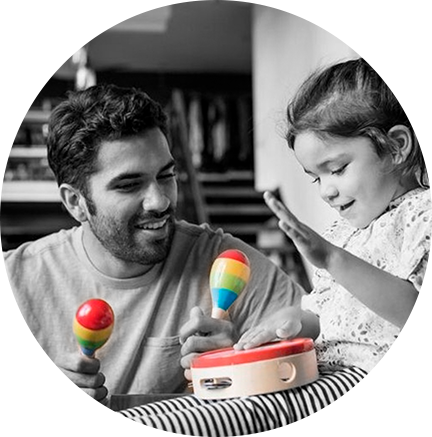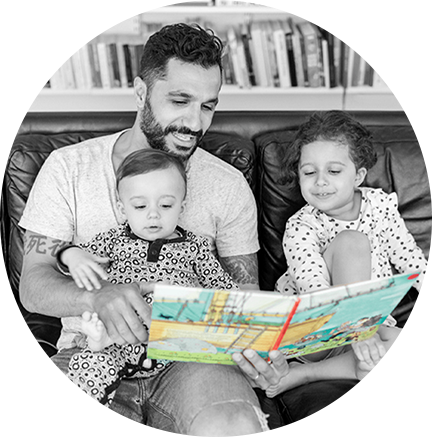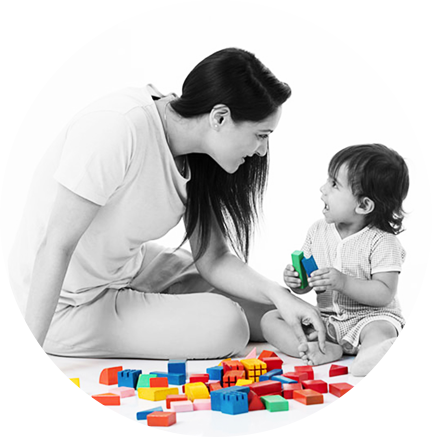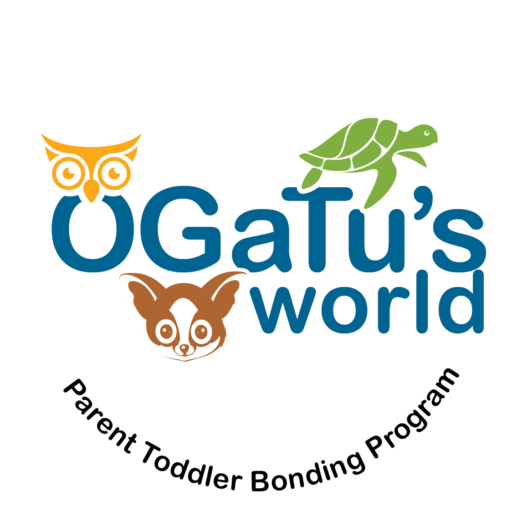
Music – Learning Is Play

When your little one is cranky or restless, you immediately turn to a soothing lullaby, and Bingo! – your baby is calmed down instantly. This is the best way to describe the beneficial qualities of music. Musical experiences help infants create pathways called neural connections and ignite all areas of child development and skills for school readiness, including intellectual, social-emotional, motor, language, speech, and overall literacy. Exposing children to music during early development helps them learn the sounds and meanings of words, improves coordination by helping the body and the mind work together, and strengthens memory skills. Dancing to music helps children build motor skills while allowing them to practice self-expression. Studies have also shown that learning to play an instrument from an early age boosts a child’s IQ as they grow up. And lastly, but most importantly, music brings children joy and instantly makes them feel happy.
All in all, music is a powerful learning tool, especially for little babies. MusicSmart by Ogatu’s World allows you to give your child the experience of exclusive, curated bilingual music in English and Hindi.
Books – Genius Is Original

Reading and writing are crucial skills that parents can nurture in the early years. They are the fundamentals of early education because vital connections in the brain are made very early in life. When stimulated, these form the basis of all future learning and intellectual ability. Role-play, or imagining themselves in the shoes of the characters they are reading about, helps them develop other skills such as empathy, problem-solving, and morality. Naturally, children who learn to read at an earlier age develop greater general knowledge, a wider range of vocabulary, are more fluent readers, and have improved attention spans and better concentration—all of which are important skills that help them perform better in school.
To put this simply, introducing books to your children at a young age strengthens your child’s brain. It helps them become better listeners, readers, and communicators and instills in them a lifelong love of learning. It ignites creativity, sparks curiosity, and stimulates their imagination. After all, curiosity is simply magical!
Sensory Play – Creativity Is Messy

You must be familiar with your child’s habit of wanting to touch, pick, or taste things in their surroundings. This is how children learn about the world around them.
Sensory play includes activities that stimulate one or more of a child’s 5 senses and engage movement and balance. Learning through sensorial exploration comes naturally to babies and toddlers and plays an important role in building neural connections. It encourages children to explore, investigate, and conclude by problem-solving and instilling “scientific thinking”.
Children learn best when their senses are engaged. Hence, sensorial play is an important pillar of a toddler’s learning to develop the ability to complete complex tasks and enhance cognitive growth.
